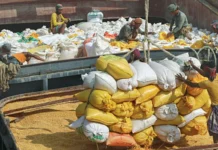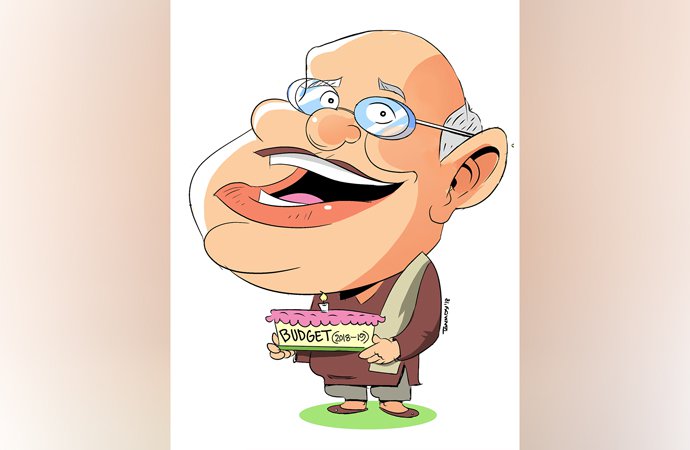 DHAKA: The International Monetary Fund (IMF) has approved the payment of $139.4 million to Bangladesh as the second tranche of a three-year, $975.9 million loan deal to help the country battle budgetary and inflationary pressures.
DHAKA: The International Monetary Fund (IMF) has approved the payment of $139.4 million to Bangladesh as the second tranche of a three-year, $975.9 million loan deal to help the country battle budgetary and inflationary pressures.
The disbursement brings total payments so far to about $278.8 million, the IMF said in a statement, seen by Reuters on Friday.
The IMF approved the loan programme for Bangladesh last April, with an immediate disbursement of $141 million.
“Macroeconomic pressures have eased in Bangladesh, aided by stabilisation measures aimed at containing government borrowing, reducing the inflation rate, and building foreign reserves,” IMF Deputy Managing Director Naoyuki Shinohara said.
“While the global economic situation remains fragile, Bangladesh’s economy continues to show resilience, with growth this fiscal year expected to slow only moderately.”
But, he added there were still downside risks to the economy arising from a slowdown of exports to mature markets, spikes in world commodity prices, further deterioration in state bank finances, and election-year uncertainty.
Bangladesh’s foreign exchange reserves stood at more than $13 billion on the back of strong remittances and improving trade balance.
The central bank cut its key policy rates this month for the first time since 2009, by half a per cent age point, as it shifted its focus from inflation to encouraging growth.
It also cut its growth forecast for the current fiscal year to 6.4 per cent , down from 7.2 per cent targeted earlier.
Saddled with a huge subsidy burden, the government raised oil prices by up to 11.5 per cent last month, but backtracked on a plan to hike electricity tariffs for now.
“Looking ahead, achieving a stable, growth-supportive environment and mitigating risk factors necessitate a further strengthening of policy buffers in 2013, supported by strong economic governance and manageable debt levels. Timely actions will allow Bangladesh to reap full gains from a global recovery,” Shinohara said.
Source: Economic Times









